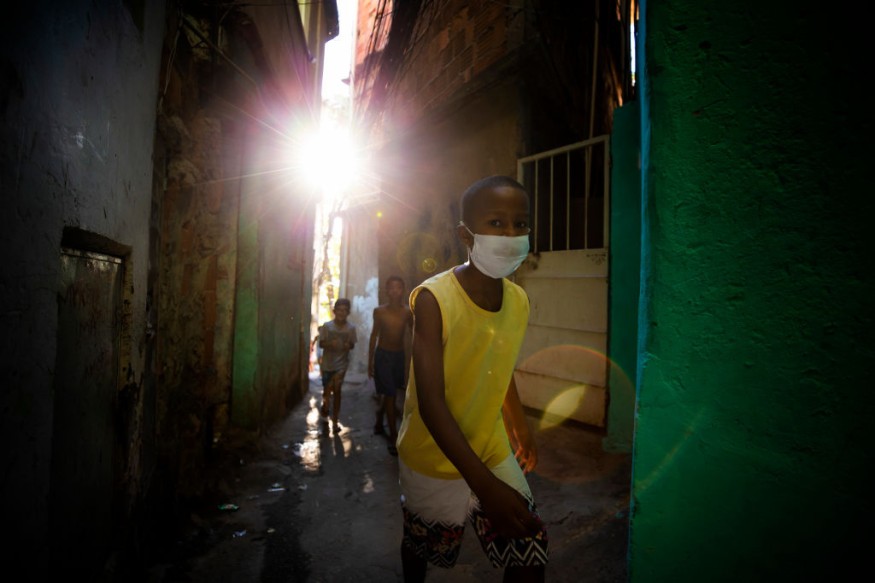IMF Economic Outlook: Latin America GDP to Drop by 8.1 Percent

Latin America's Gross Domestic Product (GDP) will likely fall by 8.1 percent this year, according to the International Monetary Fund's (IMF) World Economic Outlook (WEO).
Latin America's GDP shows to be the worst GDP plummet in the regions of the world.
The IMF noted that countries in Latin America were massively hit by the COVID-19 pandemic, adding that the pandemic resulted in deep economic slumps. However, the IMF said that many economies started to recover globally.
This year's recession will still be deep, but it will not be as worse as the IMF featured in its June WEO.
"The revision is driven by second-quarter GDP outturns in large advanced economies, which were not as negative as we had projected," said chief economist Gita Gopinath in a foreword to the October revision of the WEO.
In a report, Gopinath noted that the poor are getting poorer, citing over 90 million people expected to fall into extreme poverty just this year. She added that policies for the next stage of the crisis must see lasting changes.
The IMF said that financial support would be a lifeline in the Latin America countries.
Carlos Felipe Jaramillo, World Bank Vice President for the Latin America and the Caribbean Region, said their region is suffering the worst economic and health effects of the pandemic than anywhere in the world. Jaramillo added that they need to rethink the future to rebuild the economy better.
COVID-19 in Latin America
Reports said that Latin America and the Caribbean are the worst-hit by COVID-19. Both regions have reported at least 10 million cases of COVID-19, with 370,000 deaths.
In Mexico, the administration expects to vaccinate 116.69 million citizens against the COVID-19 pandemic. The country has already entered a deal with the Global Access Facility and three other agreements with British pharmaceutical company AstraZeneca.
According to the country's foreign ministry, Mexico has also entered an agreement with American pharmaceutical firm Pfizer and Chinese vaccine maker CanSino Biologics.
With these agreements, the country has made a $159.88 million payment for the COVID-19 vaccines. Mexican President Andres Manuel Lopez Obrador said they would likely start vaccinating in December.
In Cuba, the government started easing its COVID-19 quarantine restrictions, which means shops and government offices were allowed to reopen and welcome tourists at airports across the island, except Havana.
Meanwhile, Venezuela has extended its flight restrictions until Nov. 12. It was first implemented back in March.
As for Panama, international flights were starting to depart from Panama's Tocumen Airport. This was after nearly seven months of restrictions.
The region has a total of 38 million COVID-19 cases, with 26.4 million recovered, and 1.08 million deaths. The region's leaders have also tested positive for COVID-19.
Brazilian President Jair Bolsonaro earlier announced his positive diagnosis of COVID-19 and used hydroxychloroquine, which is an unproven malaria drug. He touted the said drug as a treatment for COVID-19.
Aside from Bolsonaro, Bolivian interim President Jeanine Añez also tested positive for the disease. Bolsonaro and Añez were just among the many world leaders that had contracted the virus.
Check these out:
Trump Donates $100,000 of Salary to Restore National Monuments
Stimulus Deadline for Eligible Social Security Beneficiaries With Kids Extended
Subscribe to Latin Post!
Sign up for our free newsletter for the Latest coverage!
© 2026 Latin Post. All rights reserved. Do not reproduce without permission.














